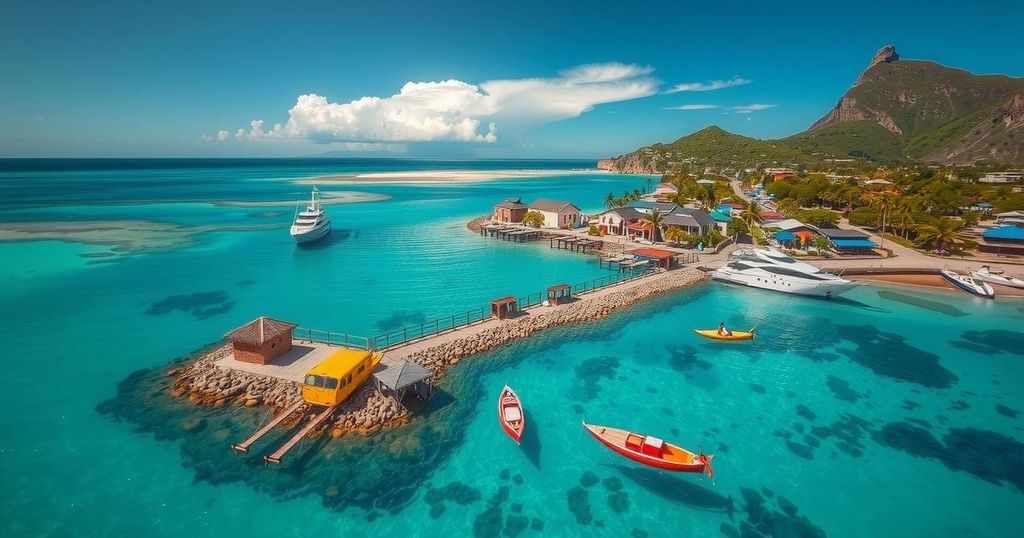Mauritius Elections Center on Cost of Living Crisis and Economic Reforms

Mauritius held parliamentary elections focused on addressing a cost of living crisis, with Prime Minister Pravind Kumar Jugnauth and rival parties offering solutions. Polls opened for approximately one million voters, who will choose from 68 parties. Key issues include economic growth, wage increases, and social service enhancements amid a landscape of rising living costs and temporary social media restrictions.
On Sunday, Mauritius conducted its parliamentary election, addressing the pressing issue of the rising cost of living. Prime Minister Pravind Kumar Jugnauth and competing parties presented plans aimed at alleviating this crisis before the electorate. Polls opened at 7 a.m. and were expected to conclude by 2 p.m. GMT, offering approximately one million voters a chance to select their representatives from a diverse slate of 68 parties and alliances for the next five years. The nation, home to around 1.3 million, emphasizes its role as a bridge between Africa and Asia, with economic activities primarily stemming from sectors such as offshore finance, tourism, and textiles, projecting a growth rate of 6.5% this year. However, many inhabitants do not perceive such growth. The ruling Alliance Lepep coalition has committed to enhancing minimum wages, boosting pensions, and lowering VAT on essential products. Political analyst Subash Gobine noted, “The alliance led by the prime minister is selling the economic prosperity card, with promises of more money to different segments of the population.” In contrast, the opposition, led by the Alliance du Changement coalition, seeks to introduce complimentary transport, internet access, and reduced fuel costs. David Stafford, a voter from the capital, Port Louis, remarked, “It is the youths who will make the difference in these elections,” indicating a demand for innovation and employment opportunities beyond mere fiscal adjustments. In a controversial move, Prime Minister Jugnauth’s government temporarily blocked social media platforms citing national security, which was met with criticism from opposition parties. The election outcome will be vital in determining not only legislative control but also the premiership, with any coalition attaining more than 31 seats securing leadership rights.
Mauritius, located in the Indian Ocean, has been facing a notable cost of living crisis which has become a crucial topic during the recent parliamentary elections. The government’s economic strategies, relying heavily on tourism and offshore activities, intended to create growth have not translated effectively into tangible benefits for the populace. This election is pivotal for voters, especially the youth, as they seek solutions that address innovation, job creation, and overall economic welfare amidst rising living costs.
The recent elections in Mauritius signify a critical moment for the nation as it grapples with economic pressures, particularly concerning the cost of living. With various political factions presenting their solutions, the electorate’s decisions will profoundly shape the island’s legislative future and economic policies. The involvement of youth voters indicates a pressing demand for change and innovation in governance, potentially redefining the nation’s political landscape.
Original Source: www.sowetanlive.co.za







